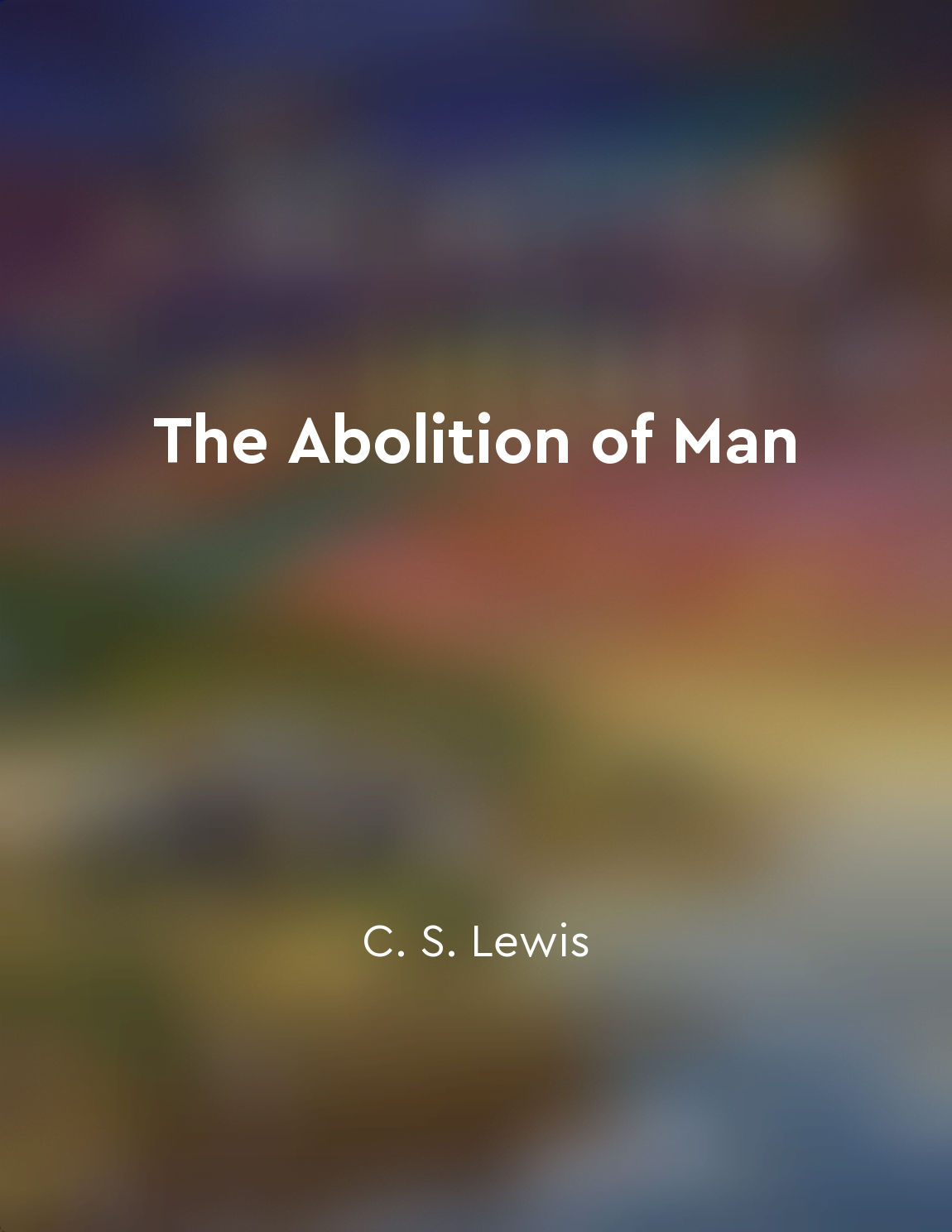Moral actions are done out of respect for the moral law from "summary" of THE CRITIQUE OF PRACTICAL REASON by Immanuel Kant
The concept that moral actions are done out of respect for the moral law is central to Kant's moral philosophy. According to Kant, morality is not based on subjective feelings or desires, but on a universal and objective moral law that applies to all rational beings. This moral law, which Kant calls the categorical imperative, is the principle that governs all moral actions. Kant argues that moral actions are only truly moral when they are done out of respect for the moral law. This means that moral actions must be done not because of a desire for personal gain or happiness, but because it is the right thing to do according to the moral law. In other words, moral actions must be done out of a sense of duty to the moral law, rather than out of self-interest or emotions. For K...Similar Posts
Genetics can deepen our appreciation for the complexity of life
The study of genetics has the power to open our eyes to the intricate web of life that surrounds us. By delving into the molecu...

The value of cultivating a sense of wonder and awe
The cultivation of a sense of wonder and awe holds immense value in the human experience. When individuals are able to look upo...
Impressions form the basis of all human knowledge
All the perceptions of the human mind resolve themselves into two distinct kinds, which I shall call IMPRESSIONS and IDEAS. The...

System 2 requires conscious effort and attention
System 2, as I have explained, is the slower, more deliberate mode of thinking that requires conscious effort and attention. Wh...
Idealism posits the existence of the external world
Idealism, as a philosophical doctrine, asserts that reality is fundamentally mental or immaterial in nature. It argues that the...

Torah is the foundation of Jewish faith
The Torah occupies a central place in Jewish life. It is not just a historical record of past events, but a living document tha...

Moral principles are derived from human nature
In the course of the last two centuries, it has been remarked that the principle which gives occasion to the whole system of th...
Ethics grounded in rationality
The foundation of ethics lies in rationality, as it is through our ability to reason that we can determine what is morally righ...
Knowledge is contingent
Knowledge, according to my understanding, is a complex and multifaceted concept that is not as straightforward as it may initia...
